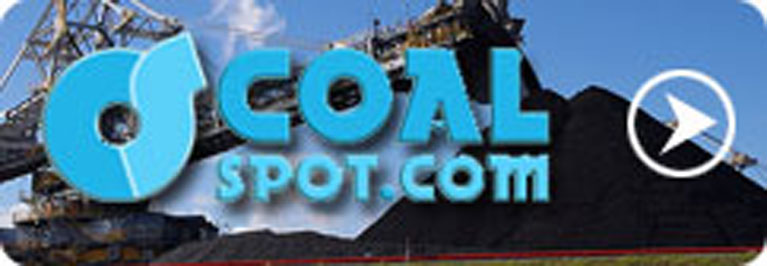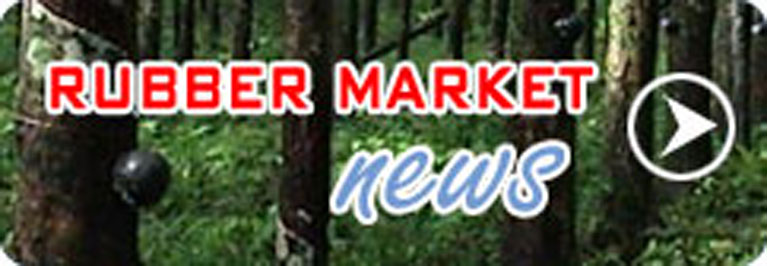1) What are Derivatives?
The term 'Derivative' indicates that it has no independent value, i.e. its value is entirely 'derived' from the value of the underlying asset. The underlying asset can be securities, commodities, bullion, currency, livestock or anything else. In other words, Derivative means a forward, future, option or any other hybrid contract of pre determined fixed duration, linked for the purpose of contract fulfillment to the value of a specified real or financial asset or to an index of securities.
2) What are forward contracts?
A forward contract is an agreement to buy or sell an asset at a certain future time for a certain price. It is traded over the counter market- usually between two financial institutions or between a financial institution and its clients. They are commonly used to hedge foreign currency risk.
3) How are forward contracts useful?
Forward contract is very valuable in hedging and speculation. It can help a farmer to hedge himself against any unfavorable movement of the prices of his crop by forward selling his harvest at a known price. Incase of a speculator, if he has information, which forecast an upturn in a price, then he can go long on the forward market instead of the cash market. The speculator would go long on the forward, wait for the price to rise and then take a reversing transaction. The use of forward market here supplied the leverage to the speculator.
4) What are futures contracts?
A future contract is an agreement between two parties to buy or sell an asset at a certain time in the future for a certain price. They are normally traded on the exchange. The exchange specifies certain standardized features of the contract. As the two parties do not necessarily know each other, the exchange also provides a mechanism that give the two parties a guarantee that the contract will be honored.
5) What is the difference between the futures contracts and forward contracts ?
Some of the basic differences between the futures and forward contracts are as follows:
While futures contracts are traded on the exchange, forwards contracts are traded over-the-counter market.
Incase of futures contracts the exchange specifies the standardized features of the contract, while no pre determined standards are there in the forward contracts.
Exchange provides the mechanism that gives the two parties a guarantee that the contract will be honoured whereas there is no surety/guarantee of the trade settlement in case of forward contract.
6) What are the different types of traders/participants in derivatives market ?
There are three types of traders in the Derivative market namely:-
Hedgers: They are in the position where they face risk associated with the price of an asset. They use derivatives to reduce or eliminate risk. For example, a farmer may use futures or options to establish the price for his crop long before he harvests it. Various factors affect the supply and demand for that crop, causing prices to rise and fall over the growing season. The farmer can watch the prices discovered in trading at the CBOT and, when they reflect the price he wants, will sell futures contracts to assure him of a fixed price for his crop.
Speculators: Speculators wish to bet on the future movement in the price of an asset. They use derivatives to get extra leverage. A speculator will buy and sell in anticipation of future price movements, but has no desire to actually own the physical commodity.
Arbitrators: They are in the business to take advantage of a discrepancy between prices in two different markets. If, for example, they see the future prices of an asset getting out of line with the cash price, they will take offsetting positions in the two markets to lock in a profit.
7) What is the difference between along and short position in the market ?
A short position involves selling futures contracts while a long position involves buying futures contracts or owning the cash commodity
8) What is the difference between the commodity exchange and stock exchange?
The basic difference between the commodity exchange and stock exchange is that while in commodity exchange non-financial commodities i.e. agro products such as castor, groundnut, sesame etc. and non agro products such as aluminum, zinc, nickel etc. are traded. However in a stock exchange all financial products are traded such as stocks, indexes, interest rate, government securities etc. are traded.
9) What kind of economic indicators do traders watch in the agro and the financial markets?
In any market,the forces of supply and demand directly influence price. Buyers want to acquire a product at the lowest possible price sellers want to sell it at the highest price possible.
10) What is a 'bullish' market and 'bearish' market?
A bullish market is a period of rising market prices while a bearish market is a period of declining market prices.
















